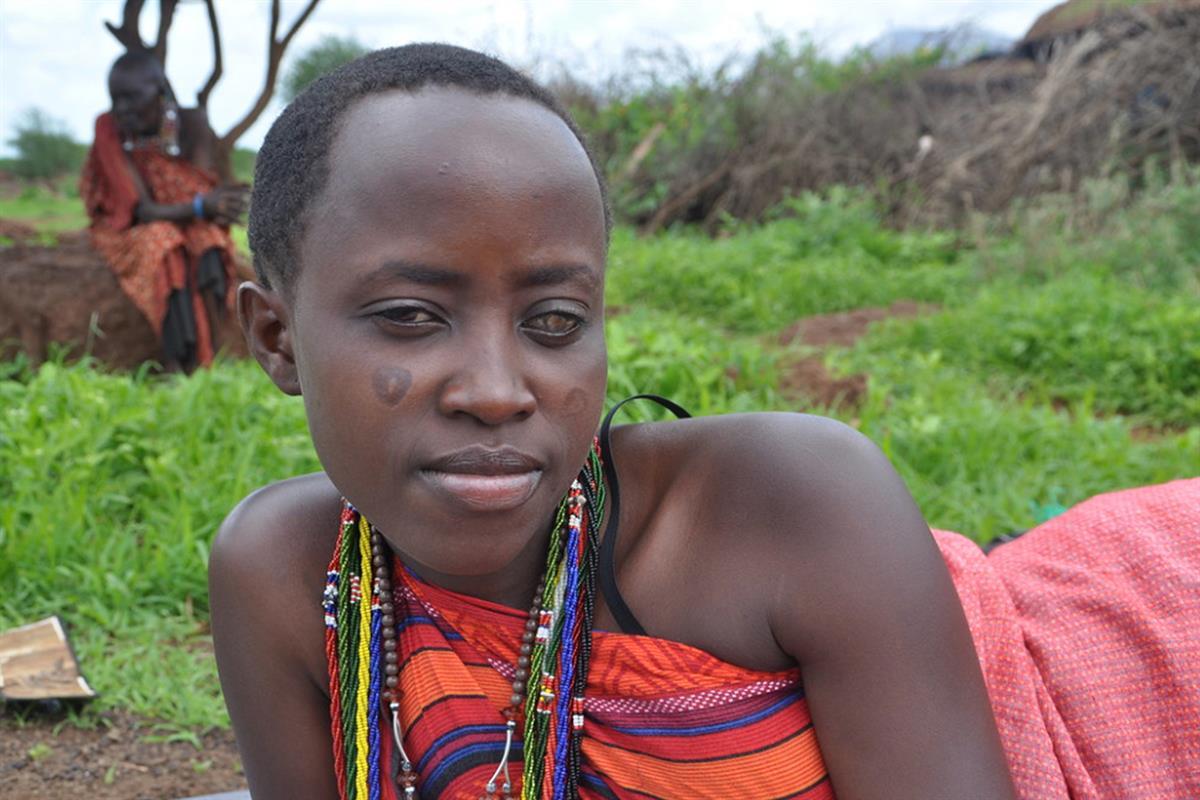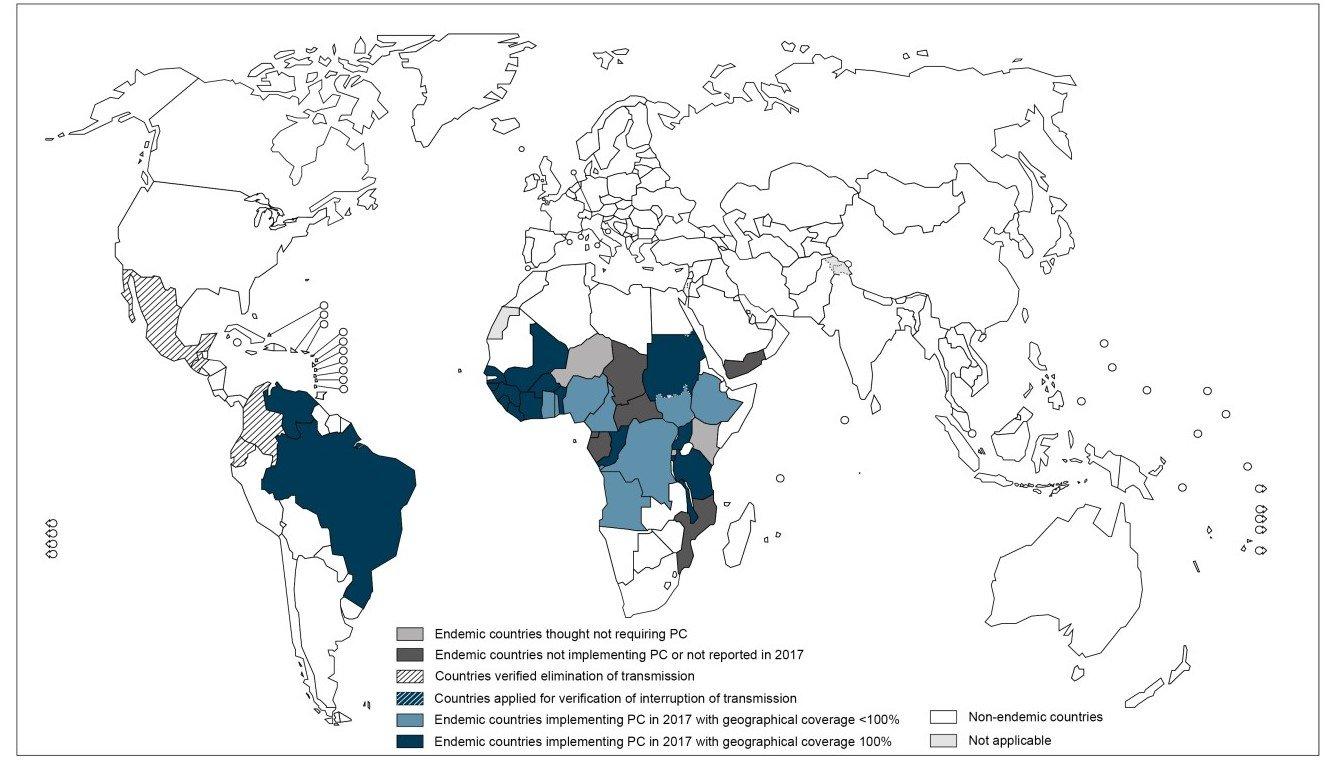Explore the World's Best Ideas
Join today and uncover 100+ curated journeys from 50+ topics. Unlock access to our mobile app with extensive features.
Introduction
It was only when I came across the disease in a #nasdaily video with #billgates which talks about the disease, which although not preventable, has very limited medical treatment available.
The disease is the second most common causes of blindness after Trachoma.
Affected patients can develop eye lesions (tumour or wound) which can lead to visual impairment and permanent blindness.
5
51 reads
Causes
The disease is caused in huge numbers in tropical countries where there is vegetation and high density.
The disease is prevalent in Kenya
The carriers of the infection are the black flies in areas where there is rich combination of agricultural soil and water bodies.
In lesser developed areas of the world, especially the remote places, are the biggest victims of this dangerous disease.
Symptoms include severe itching, disfiguring skin conditions, and visual impairment, including permanent blindness.
5
40 reads
Development of the Disease
When the infected black flies repeatedly bite humans, it leaves larvae of the worms which grow on to be adult worms and spread the disease in the body.
These worms then migrate to different parts of the organs like the eyes and can cause visual impairment or permanent blindness.
4
38 reads
Cure and Prevention
Although no proper cure or vaccine exists for the disease, WHO recommends using ivermectin to treat the disease for 10-15 years.
The antibiotic doxycycline weakens the worms by killing an associated bacterium called Wolbachia, and is recommended by some as well.
The only measures of prevention can be proper clothing to avoid bites, sanitation, spreading of insecticides and medical check ups to detect the disease early on.
Source of information- https://www.who.int/news-room/fact-sheets/detail/onchocerciasis
4
29 reads
How prevalent is the disease?
More than 99% of infected people live in 31 African countries. The disease also exists in some foci in Latin America and Yemen.
The Global Burden of Disease Study estimated in 2017 that there were 20.9 million prevalent O. volvulus infections worldwide: 14.6 million of the infected people had skin disease and 1.15 million had vision loss.
4
28 reads
IDEAS CURATED BY
CURATOR'S NOTE
Diseases like this are lesser known in bigger countries and thus creates ignorance. Having known these details helps us to identify any such real life cases and to treat them as well.
“
Shefali Sonecha's ideas are part of this journey:
Learn more about health with this collection
The importance of practice and repetition in learning
How to stay motivated and avoid burnout while learning
How to break down complex concepts into manageable parts
Related collections
Similar ideas
4 ideas
5 ideas
14 ideas
The meaningful work guide: How to craft a fulfilling career
blog.rescuetime.com
Read & Learn
20x Faster
without
deepstash
with
deepstash
with
deepstash
Personalized microlearning
—
100+ Learning Journeys
—
Access to 200,000+ ideas
—
Access to the mobile app
—
Unlimited idea saving
—
—
Unlimited history
—
—
Unlimited listening to ideas
—
—
Downloading & offline access
—
—
Supercharge your mind with one idea per day
Enter your email and spend 1 minute every day to learn something new.
I agree to receive email updates


